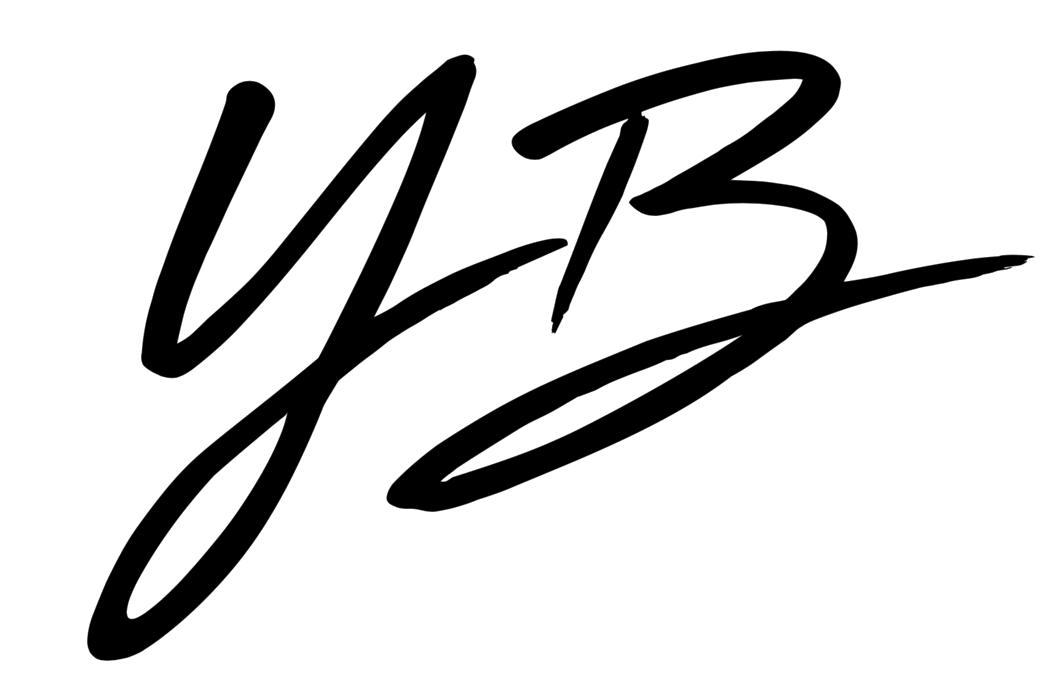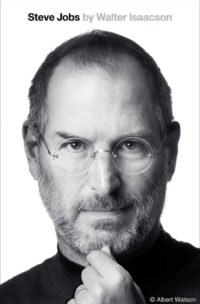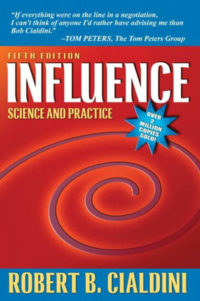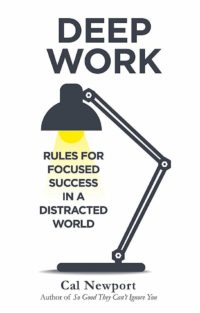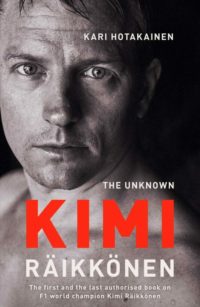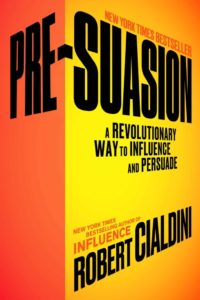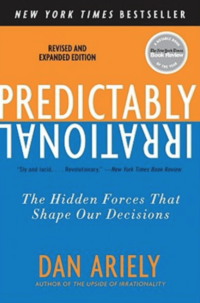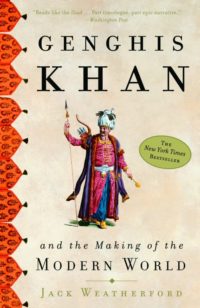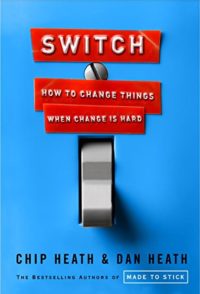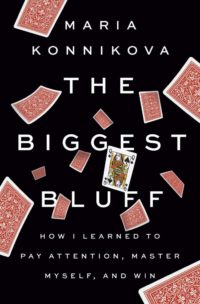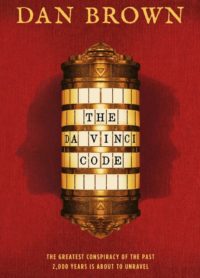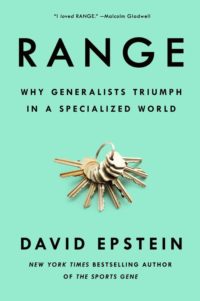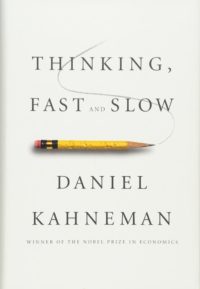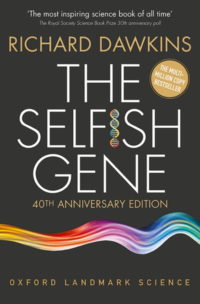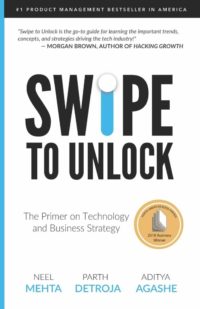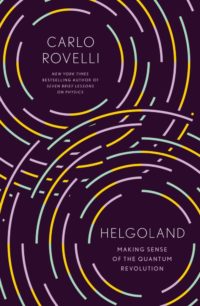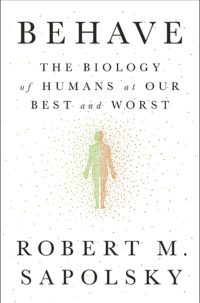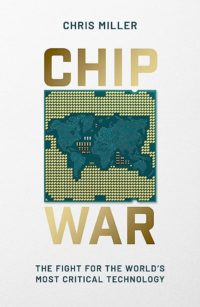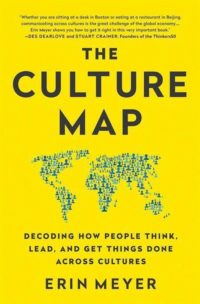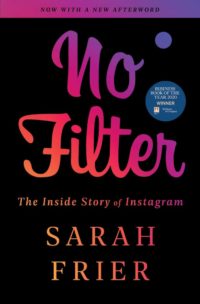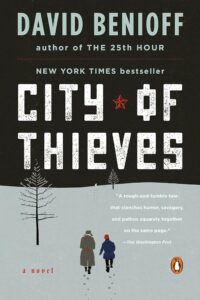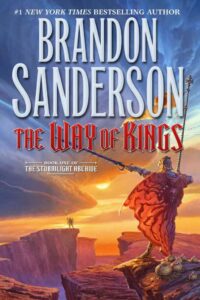📚 Good Reads
I’m big into reading, and since you’re on this page, I’m guessing you like to read at least a little bit as well. This list is an ongoing compilation of books I’ve read, learned from, and enjoyed (in no particular order). If you decide to buy any through this page, you’ll help fund my habit and shrink my wishlist.
Steve Jobs
Walter Isaacson
An incredibly well-written mix of biography and MBA case study. Steve Jobs was a fascinating person whose powerful personality and extraordinary life make for a very compelling read. He revolutionized industries by blending tech with art and design, giving consumers products they didn’t even know they wanted (e.g. iPads). Importantly, this bio does not hide Jobs’ shortcomings: while he was brilliant, creative, and innovative, he was also very authoritative and temperamental.
Influence
Robert Cialdini
This book is a bestseller among marketers, but I think it’s a must-read for any professional or consumer — in other words, all of us! After reading Influence, you’ll see Cialdini’s six persuasion principles working on everything, everyone, everywhere. The book has a simple style with summaries at the end of each chapter, numerous real-life examples, and it’s based on tons of research (references comprise a full 15% of the book!). Long story short: Everyone should read Influence. Buy it now if you haven’t read it.
Deep Work
Cal Newport
This is definitely one of my favorite books and I’d recommend it for anyone who wants to work smarter and avoid distractions. Deep Work by Cal Newport is a wholly convincing exploration of why focus is valuable, why it has become rare, and how to cultivate it. It’s full of compelling arguments, solid advice, and a vast array of strategies to help you maximize your productivity. (No wonder it has 5000+ raving reviews on Goodreads)
Kimi Räikkönen
Kari Hotakainen
A quick read about a quick driver, with some fun anecdotes along the way. It’s a nice book for anyone who’s an F1-enthusiast, showing us a side of the Iceman we normally don’t get to see through the racing media. My favorite part was the list of Kimi’s best quotes at the end, demonstrating once again that he’s one of F1’s most iconic characters. However, I finished the book thinking there was some gas left in the tank as it felt quite shallow at times. An entertaining read nonetheless.
Predictably Irrational
Dan Ariely
Predictably Irrational does a great job of demolishing the idea that we make rational decisions. Ariely’s writing is crystal clear, concise, and engaging. Combine those three qualities and you get a surprisingly entertaining, easy-to-read book with lots of fascinating insights. You should definitely pick it up. And then, preferably, read it. If you want a quick indication of whether you’d enjoy this book, watch Ariely’s brilliant TED-talk or check out his personal website for rational commentary on the irrational.
Genghis Khan and the Making of the Modern World
Jack Weatherford
From the first page, you’re immersed in the fascinating story of an illiterate steppe warrior who becomes ruler of the biggest empire in history. Many of us think of the Mongols as brutal barbarians. Yet, this book argues they were actually a progressive force in shaping the world as we know it today. Khan spread the use of paper money, global law, and universal education. Oh, and he granted complete religious freedom, abolished torture, and introduced the first international postal system. My favorite parts were Khan’s innovative military strategies: although outnumbered on every occasion, the Mongols conquered more lands and people in 25 years than the Romans had in over 400 years.
Switch
Chip & Dan Heath
I devour Heath books like candy, and Switch is by far the best one I’ve read. In a compelling, story-driven narrative, Chip and Dan bring together decades of psychology research to shed new light on behavior change. They put lots of effort into making their work readable, memorable, and actionable — and this shows in the quality of their writing. Great read.
The Biggest Bluff
Maria Konnikova
I loved this book. It’s a mix of psychology, game theory, memoir, and yes, some poker. From not knowing how many cards are in a deck, Konnikova tells her fascinating zero-to-hero journey trying to make the World Series of Poker (a $10,000 entry fee) within one year of training. In her quest to learn poker as a way to explore topics of luck, skill, and decision-making, she becomes a world-class player with over $300,000 in winnings. Reading this book is like drawing a royal flush: You won’t believe your luck — and it’ll stay with you for a long, long time.
The Da Vinci Code
Dan Brown
Dan Brown’s mega-bestseller takes you from Paris to London on a tour of famous landmarks in a captivating, riddle-filled quest to find the “Holy Grail”. The Da Vinci Code has an incredibly clever plot filled with twists that constantly leave you guessing what’ll happen next: a true page-turner that has you glued to its pages for days. The New York Times described this fast-paced thriller as “blockbuster perfection” and in my opinion, it lives up to the hype.
Range
David Epstein
Provocative book that looks at how an emphasis on specialization can actually hamper our ability to really excel at something. Instead, Range makes the case for a totally different path: Sample widely, take detours, and experiment along the way. It’s certainly an empowering idea for those of us who have a hard time sticking to one thing. Epstein is great at mixing compelling anecdotes, summaries of academic studies, and interesting insights to create an impactful read — I highly recommend it.
Thinking, Fast and Slow
Daniel Kahneman
This book lives up to its hype – you’ll truly change the way you think after reading it. Daniel Kahneman takes us on a groundbreaking tour of the mind and explains the two systems that drive the way we think and make decisions. If you only read one book on behavioral economics, make it this one.
The Selfish Gene
Richard Dawkins
This book forced a huge change in the way we see ourselves and the world. Using fascinating examples from every field of biology, Richard Dawkins explains the idea of selfish gene theory; If we are puppets, he argues, at least we can try to understand our strings. Whereas genes may be “selfish” in order to be selected for evolution, this obviously doesn’t mean that individuals also act only in self-interest – in fact, selfish genes explain things like social insects and altruism in humans, puzzles that stumped scientists for years. I’m not surprised the book was voted as the most influential science book of all time.
Swipe to Unlock
Aditya Agashe
Written by Product Managers at Google, Microsoft, and Facebook, Swipe to Unlock is a great primer for anyone who wants to understand the business side of tech or just become a more informed digital citizen and consumer. By breaking down real-world questions like “how did a single typo take down 20% of the internet?”, “how does Spotify recommend songs?” and “why does Amazon offer free shipping with Prime if it loses them money?”, the authors give a peek under the hood of the technologies you use every day and decode the industry’s biggest buzzwords: cloud, neural networks, deepfakes, and much, much more. Very fun read.
Helgoland
Carlo Rovelli
Carlo Rovelli is one of the world’s most renowned theoretical physicists. With Helgoland, he makes learning about quantum mechanics an almost psychedelic experience, taking the reader on a riveting journey through the universe so we can better understand our place in it. Rovelli argues that the contradictions of quantum mechanics can be explained by seeing the world as fundamentally made of relationships rather than substances, suggesting new directions for thinking about reality and even the nature of consciousness. If you don’t care about these philosophical implications and just want to learn about the physics behind quantum theory, stick to the first 100-150 pages.
Behave
Robert Sapolsky
Behave is one of the best books ever written on human behavior, right up there with Thinking, Fast and Slow and The Selfish Gene. Its writer, Robert Sapolsky, is a renowned Stanford neuroendocrinologist with a famous free lecture series on YouTube (this one). In Behave, he aims to answer the most basic of questions: why do we do the things we do? In answering this question, Sapolsky combines insights from neurobiology, endocrinology, and psychology, trying to explain the roots of empathy and altruism on the one hand, and violence and war on the other. Be warned, however: this 790-page book does get technical at times, with terms like “medial prefrontal cortex” and “anterior cingulate cortex” being used so often that the acronyms mPFC and ACC are used instead. Thus, if you have no prior knowledge of the brain’s architecture and the inner workings of neurons – and no interest in learning about them – this may not be the book for you.
Chip War
Chris Miller
This is one of those books in which, by chapter 2, you immediately ask yourself ‘Why haven’t I heard anyone talk about this until now?’. Microchips really are the ‘new oil’; military, economic, and geopolitical power are all built on a foundation of chips. Miller provides a geeky deep-dive into both the history and the ongoing battle for supremacy in the global market for this new oil. I especially liked the parts where Miller discusses the impact of trends like quantum computing and the Internet of Things (IoT) on the future of the chip market. Not a simple read, but certainly a rewarding one.
The Culture Map
Erin Meyer
The best book on navigating cultural complexity I’ve read. The Culture Map is much more than a collection of bias and anecdotes; instead, Meyer proposes her own classification of cultures using plenty of real-life examples that match my own experience (peach culture vs coconut culture being my absolute favorite). Highly practical and entertaining read – certainly recommend it to anyone working with people from backgrounds that are different from their own!
No Filter
Sarah Frier
No Filter is a behind-the-scenes look at how Instagram defied the odds to become one of the most culturally defining apps of the decade. It’s an incredibly well-researched, beautifully told story that is part business drama—packed with tales of creativity, ambition and intrigue—and part an examination of modern life itself, exploring the highs and lows of human nature. Sarah Frier manages to be objective about the founders and their many flaws, without sensationalizing or oversimplifying along the way. Easily one of my favorite tech books of all time.
City of Thieves
David Benioff
This book is just a joy. By turns insightful and funny, thrilling and terrifying, City of Thieves is a gripping, cinematic coming-of-age adventure set in the World War II siege of Leningrad. With this historical fiction novel, Benioff shows us that you don’t need 700 or 800 pages to create real depth.
The Founders
Jimmy Soni
A fascinating behind-the-screens look into the story of PayPal. Soni shows how the seeds of so much of what shapes our world today—fast-scaling digital start-ups, cashless currency concepts, mobile money transfer—were planted two decades ago by what would later be known as the “PayPal mafia”: Since leaving PayPal, its founders funded or founded the top tech firms of our time, including Tesla, Facebook, YouTube, Yelp, Palantir, SpaceX, and LinkedIn.
The Way of Kings
Brandon Sanderson
At just over 1000 pages, The Way of Kings is not for the faint of heart. But in return, you get one of the best modern epic fantasy novels ever written, filled with fascinating new cultures, immersive new worlds, and compelling characters. It’s an amazing story and if you ask me, it’s about time Hollywood makes a movie about Bridge Four and their tales of life/death, love/hate, hope/despair, and trust/betrayal. A great read.
Alchemy — An accessible book that blends behavioral science and fun stories, with a touch of branding magic; I guarantee you that after reading Alchemy, you’ll see the world in a completely different light.
Andrea Pirlo: I Think Therefore I Play — “I don’t feel pressure… I don’t give a toss about it. I spent the afternoon of Sunday, 9 July, 2006 in Berlin sleeping and playing the PlayStation. In the evening, I went out and won the World Cup.”
Anything You Want — Quick, easy, inspirational read – particularly for (aspiring) entrepreneurs.
Atomic Habits — Easily the #1 book ever written on habits.
Einstein: His Life and Universe — Isaacson’s biography of Einstein is meticulously researched, beautifully-written, and endlessly fascinating. (Note: this one’s slightly longer than average, coming out at ±700 pages)
Elon Musk: Tesla, SpaceX, and the Quest for a Fantastic Future
If This Is a Man • The Truce — Primo Levi’s first-hand account of Auschwitz and the story of his return to Italy in 1945 explain the most important event in modern history through human stories rather than bland statistics. Everyone should read this book.
Long Walk to Freedom — Inspiring biography of Nelson Mandela. In the words of Barack Obama: “Essential reading for anyone who wants to understand history – and then go out and change it.”
Made To Stick — A fun read full of interesting anecdotes that explains what makes certain ideas ”stick” – essential reading in the ‘fake news’ era. Not as good as Switch, though.
Open Borders — Economist Bryan Caplan makes a bold (but compelling) case for unrestricted immigration in this fact-filled graphic nonfiction.
Payoff: The Hidden Logic That Shapes Our Motivations — Anything by Ariely is worth reading, and this 100-page TED book on motivation shows you why.
Ready Player One — Willy Wonka meets The Matrix ; sci-fi won’t get much better than this.
Shoe Dog — As one Goodreads reviewer put it, this book should’ve been named How to Quit Accounting, Travel the World, and Build the World’s Largest Sports Apparel Company Before Age 30.
The Black Swan — A complete game-changer in thinking about sudden, unexpected events; Taleb combines topics like psychology, probability theory, and cognitive science to prove his main point: we’re wired to see patterns in chaos while remaining blind to unpredictable events with massive consequences.
The Book of Why: The New Science of Cause and Effect — Judea Pearl, the inventor of Bayesian networks and recipient of a Turing Award (‘Nobel Prize for Computer Science’), shows how understanding causality revolutionized science and discusses the future of AI; although it could’ve been ±100 pages shorter, it’s a fascinating book by one of the giants in the field — really enjoyed it!
The Checklist Manifesto — Surgeon and New Yorker writer Atul Gawande explores how using a humble checklist can reduce simple human errors and save lives, money, and time.
The Kite Runner — An engaging and vivid novel with an unforgettable story about family, friendship, and redemption, told against the backdrop of Afghanistan in the 1970s and ’80s.
The Martian — A surprisingly funny story with a great premise. Andy Weir did an incredible job of blending his imaginary plot with real-world science. (The movie‘s pretty good, too)
The Ride Of a Lifetime — Bob Iger’s autobiography on what he learned from serving 15 years as CEO of the Walt Disney Company; the Pixar negotiation stories with Steve Jobs alone make this book worth the read.
The Wizard and the Prophet — Charles Mann deconstructs some of the most important issues of our time – including food, water, and climate – and contrasts two approaches to tackling these problems.
When Breath Becomes Air — Moving, poetic memoir by a Stanford neurosurgeon who gets lung cancer at age 36 attempting to answer the question “what makes a life worth living?” – it’s a little bit about dying, but more about being alive.
